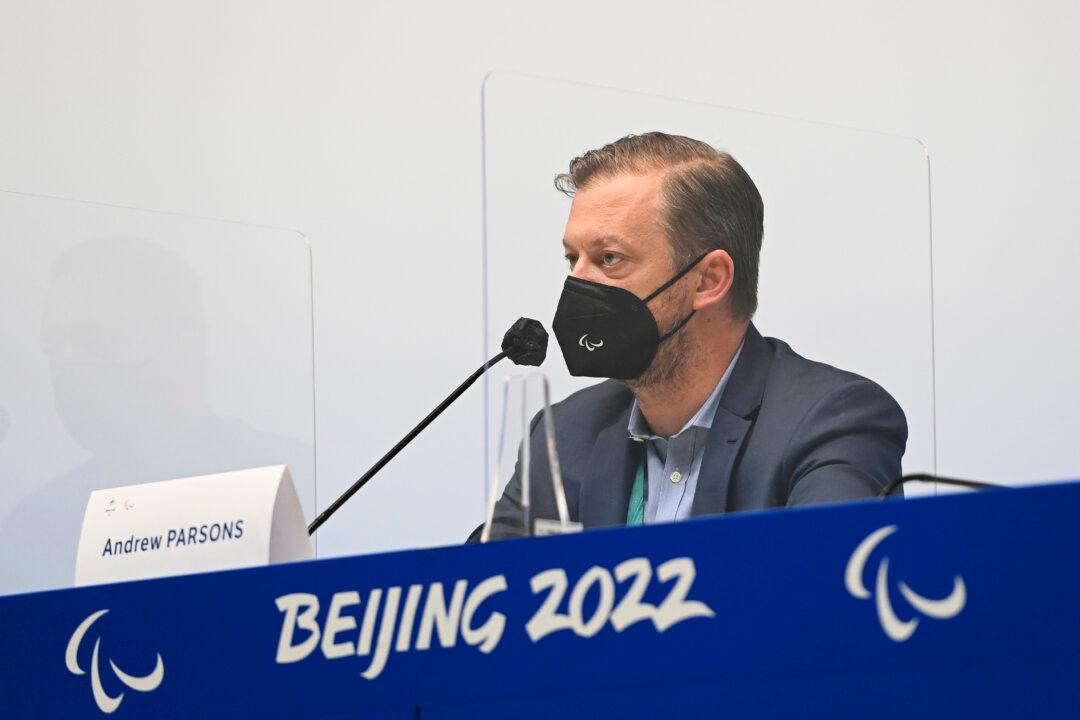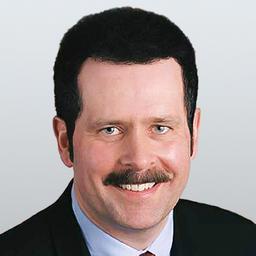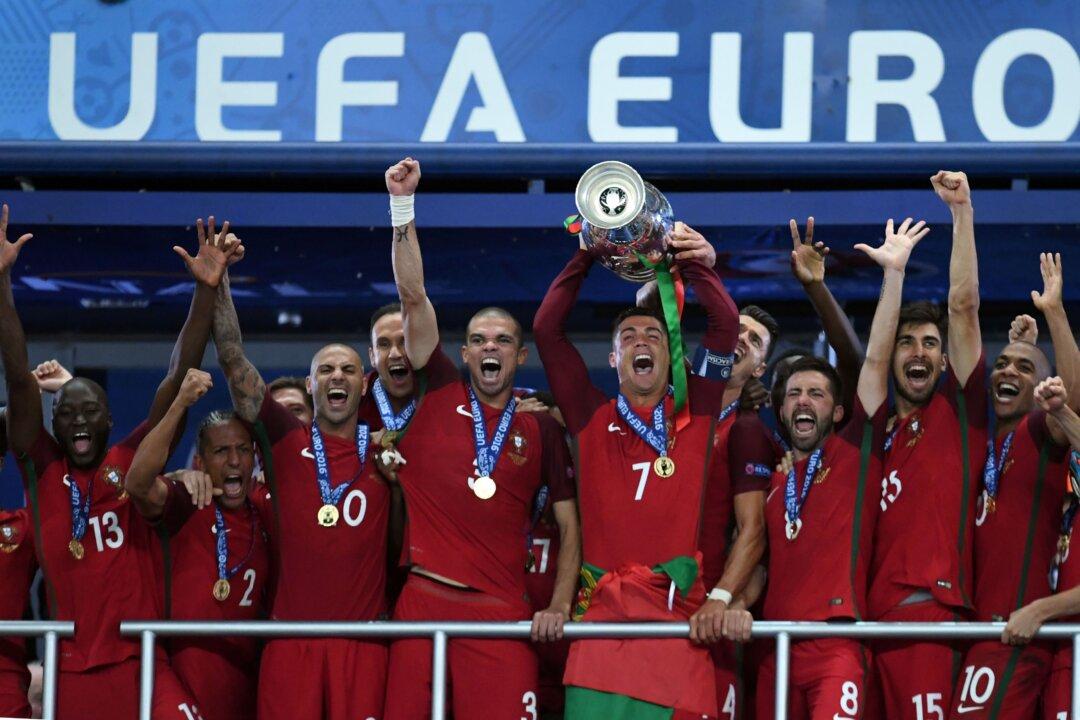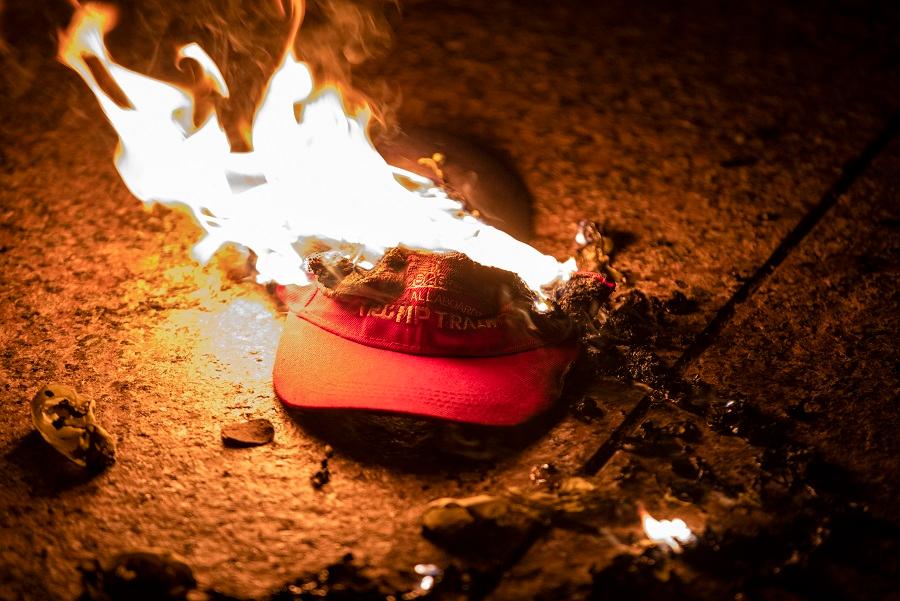Commentary
The politicization of sport was always considered a perversion of the virtues that made athletic endeavors special: vigorous, merit-based competition; fair play; old-school sportsmanship; and contests devoid of malign external influences. Hence, the 1936 Berlin Olympics served for decades as a teachable moment about the tragic interweaving of sports and politics.





